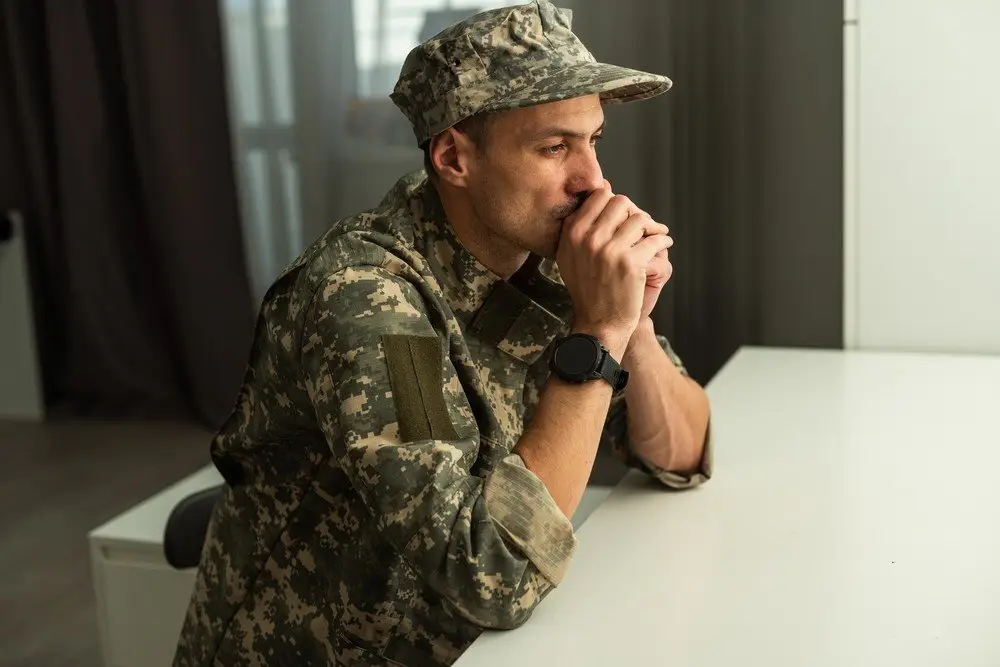
Understanding the types of court-martials in the military is crucial for service members facing legal issues. The Uniform Code of Military Justice (UCMJ) outlines three primary types: summary, special, and general courts-martial. Each type serves a distinct purpose and carries varying levels of severity and potential punishments.
Summary Court-Martial: Handling Minor Offenses
A summary court-martial is the least severe form of military trial. It deals with minor incidents and is designed to be swift and efficient. This type of court-martial is presided over by a single commissioned officer who does not need to be a lawyer. The proceedings are informal compared to other court-martials, and the maximum punishment is significantly less severe.
Service members facing a summary court-martial can expect penalties such as confinement for up to 30 days, reduction in rank, or forfeiture of pay. While the accused has no right to a free military defense attorney, they can hire civilian counsel at their own expense.
Special Court-Martial: Addressing Misdemeanor-Level Offenses
Special courts-martial are akin to misdemeanor courts in the civilian justice system. They handle more serious offenses than summary courts but are not as severe as general courts. A special court-martial includes at least three officers and a military judge.
Punishments can include confinement for up to 12 months, reduction in rank, forfeiture of two-thirds of pay per month for up to one year, and a bad-conduct discharge. The formal nature of these proceedings ensures a thorough examination of the facts, and the accused has the right to be represented by a military defense attorney or civilian counsel.
General Court-Martial: The Most Severe Military Trial
The general court-martial is the most severe type of military trial and is often compared to felony courts in the civilian system. It can only be convened by high-ranking officials such as the president, the secretary of defense, a commanding officer of a central military installation, or a general or flag officer.
General courts-martial are reserved for the most severe offenses, including murder, rape, and treason. The accused in a general court-martial is entitled to a military defense attorney, and the trial involves a military judge and at least five officers. Punishments can be extremely severe, including life imprisonment, dishonorable discharge, and even the death penalty.
The Role of the UCMJ and Investigative Agencies
The Uniform Code of Military Justice (UCMJ) establishes the legal framework for military justice. It covers every aspect of military law, including court-martial rules and procedures. Investigations into serious offenses such as rape, drug crimes, and larceny are usually conducted by specialized agencies like the Army’s Criminal Investigation Command (CID), Navy NCIS, Air Force OSI, and Coast Guard CGIS.
These agencies work closely with judge advocates, who provide legal advice to commanders throughout the investigation and prosecution process.
Choosing the Right Defense: Why It Matters
Whether facing a summary, particular, or general court-martial, the importance of experienced legal representation cannot be overstated. The complexities of military law and the potential consequences of a court-martial conviction require skilled defense attorneys who understand the nuances of the UCMJ.
At Crisp and Associates, LLC, we specialize in defending service members across all types of court-martials. When you or someone you know is facing a court-martial, acting quickly and securing experienced legal representation is crucial. Contact us at Crisp and Associates, LLC, for a free consultation. Our dedicated military lawyer team is ready to help you navigate the complexities of the military justice system and protect your rights.




